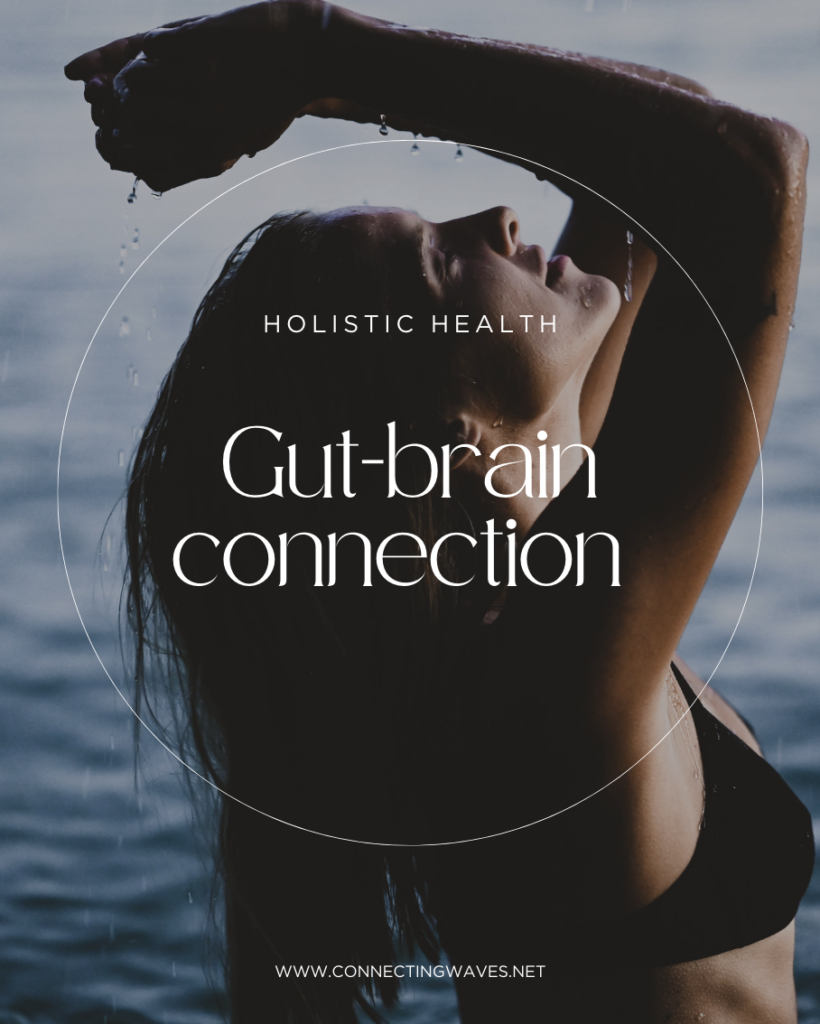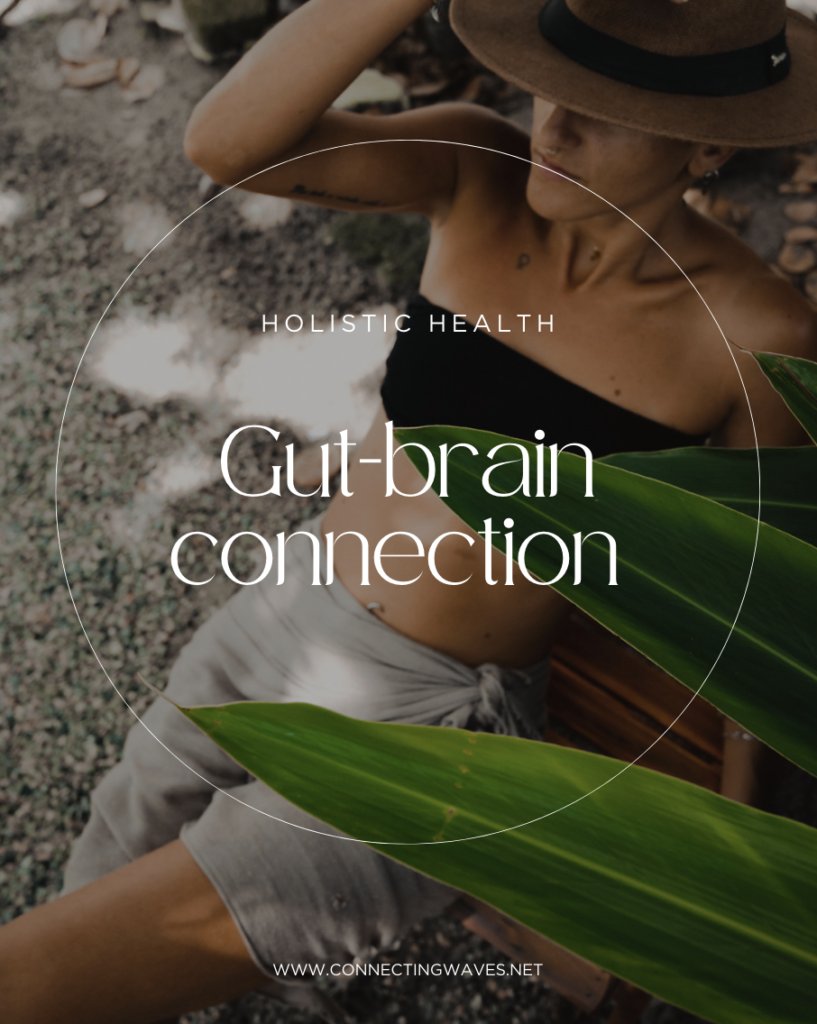The human body is a marvel of complexity, and the intricate connections between various systems continue to captivate researchers and medical professionals alike. One such fascinating relationship gaining significant attention in recent years is the connection between the gut and the mind. Often referred to as the “gut-brain axis,” this bidirectional communication pathway between the gastrointestinal tract and the brain has profound implications for our overall well-being.
The Gut-Brain Axis: A Two-Way Street
The gut-brain axis is a dynamic network involving the central nervous system (CNS), the enteric nervous system (ENS) of the gastrointestinal tract, and the complex community of microorganisms inhabiting the gut, known as the gut microbiota. This communication highway facilitates constant signaling between the gut and the brain, influencing various physiological and psychological processes.

Microbiota and Mental Health
The gut is home to trillions of microorganisms, including bacteria, viruses, and fungi, collectively known as the gut microbiota. Recent research has uncovered the impact of these microorganisms on mental health. The gut microbiota plays a crucial role in producing neurotransmitters such as serotonin, which is closely linked to mood regulation. Imbalances in the microbiota composition have been associated with conditions like depression, anxiety, and even neurodegenerative diseases.
Neurotransmitters and Gut Function
Neurotransmitters, which are chemical messengers in the brain, also play a significant role in the gut-brain axis. For example, the enteric nervous system in the gut produces neurotransmitters such as serotonin, dopamine, and gamma-aminobutyric acid (GABA). These neurotransmitters not only influence gut function, including digestion and motility but also impact mood and emotional states. This interconnectedness highlights how changes in gut function can affect mental well-being and vice versa.
Influence of Stress on the Gut
The gut-brain axis is highly responsive to stress, and chronic stress can disrupt the balance of the microbiota, leading to gastrointestinal issues. Conversely, gut disturbances can trigger stress responses in the brain. This bidirectional relationship underscores the importance of addressing both mental and gut health in a holistic manner.
Practical Implications and Therapeutic Approaches
Understanding the gut-brain connection has far-reaching implications for healthcare, with potential applications in both the prevention and treatment of various conditions. Here are some practical considerations and therapeutic approaches:
Diet and Nutrition:
Adopting a diet that promotes a healthy gut microbiota, such as one rich in fiber, prebiotics, and probiotics, can positively impact mental health. Certain foods, like fermented products and those rich in omega-3 fatty acids, have been linked to improved mood and cognitive function.
Probiotics and Supplements:
Probiotics, which are live microorganisms that confer health benefits when consumed, have shown promise in promoting gut health and potentially alleviating symptoms of mood disorders. Additionally, supplements that support neurotransmitter production, such as omega-3 fatty acids and certain amino acids, may be considered in therapeutic interventions.
Mind-Body Practices:
Stress management techniques, including mindfulness meditation, yoga, and deep-breathing exercises, can positively influence the gut-brain axis. These practices not only reduce stress but may also contribute to a more balanced and resilient gut environment.
The gut-mind connection represents a groundbreaking frontier in medical research, offering insights into the intricate interplay between our physical and mental well-being. As we continue to unravel the complexities of the gut-brain axis, there is growing recognition of the need for integrated approaches to healthcare that consider both mental and gastrointestinal health. Nurturing a harmonious relationship between the gut and the mind may well be a key factor in achieving optimal health and vitality.




